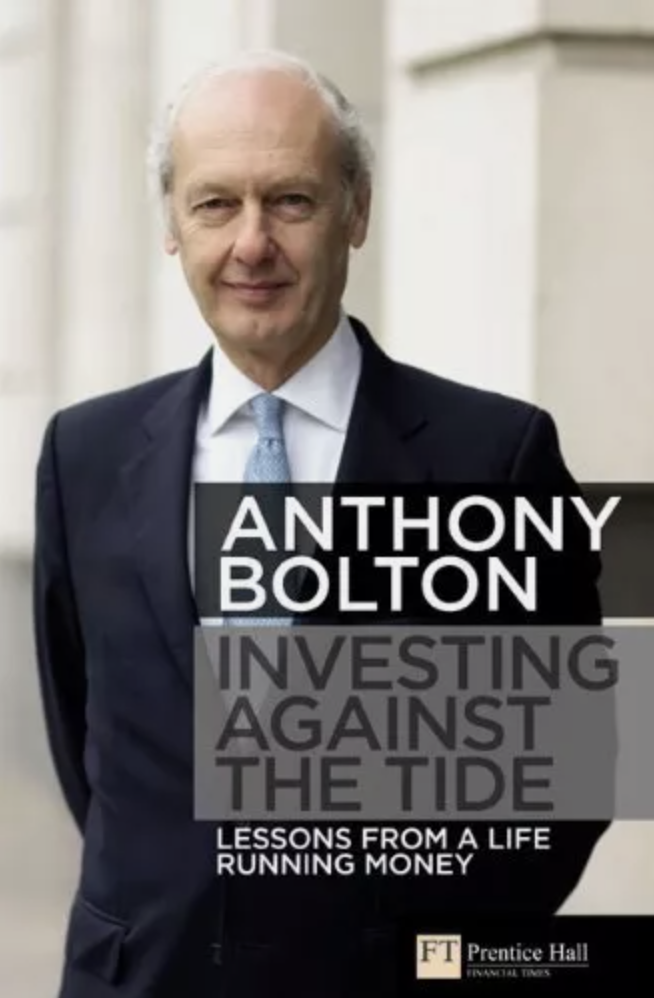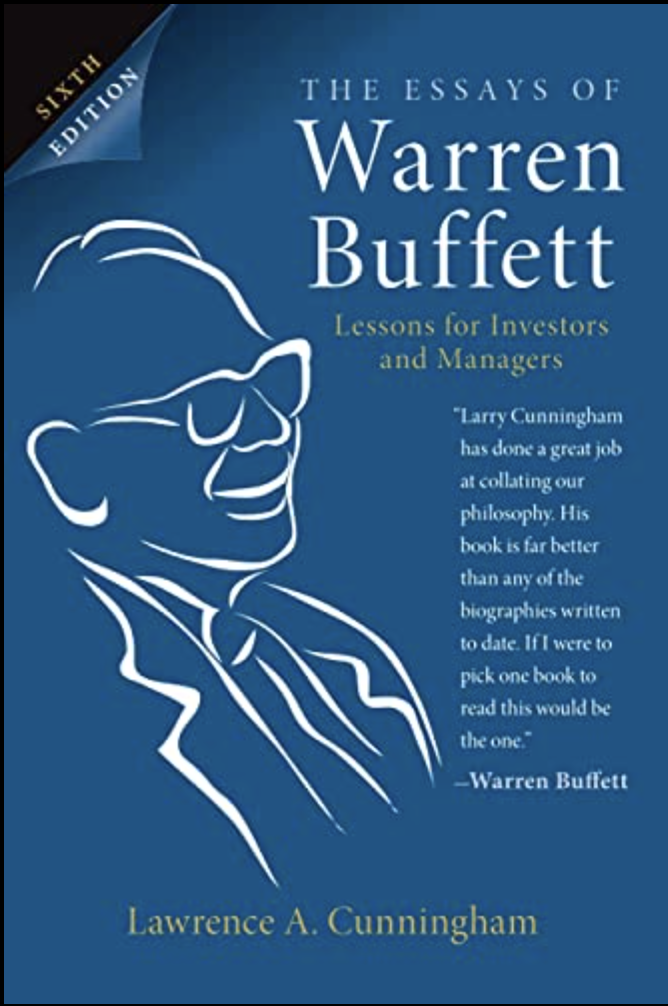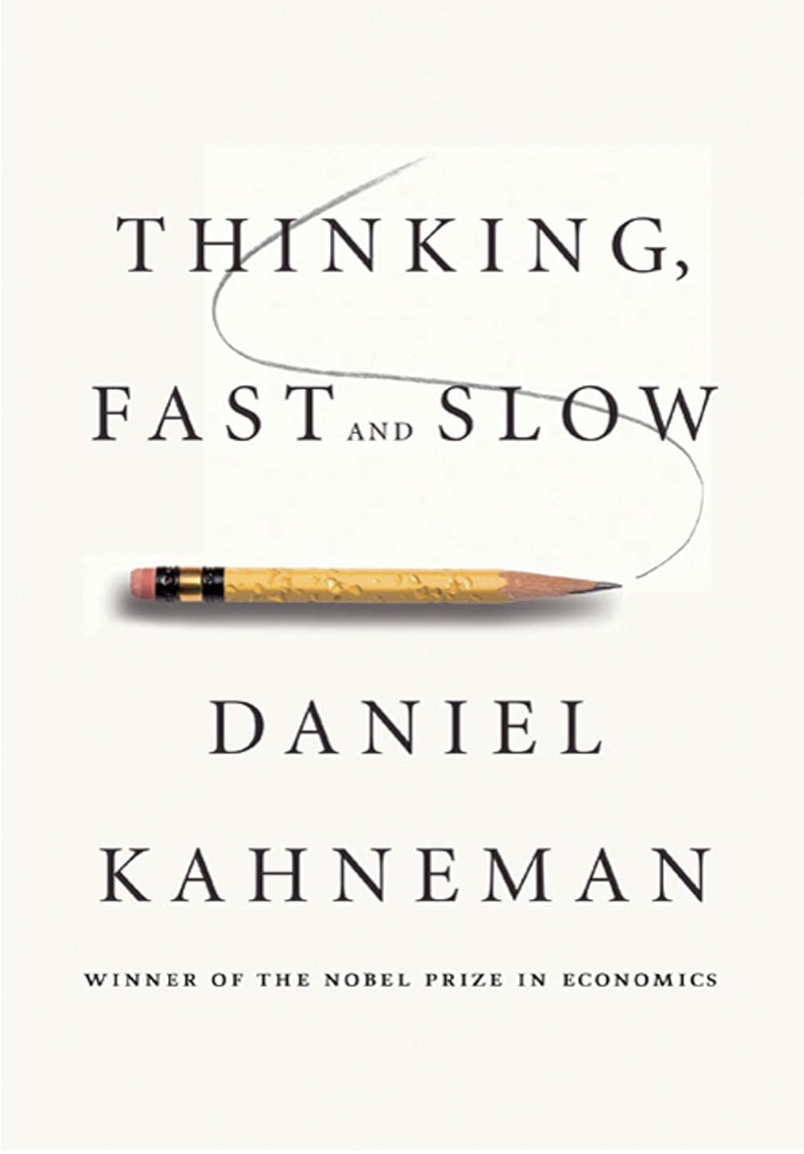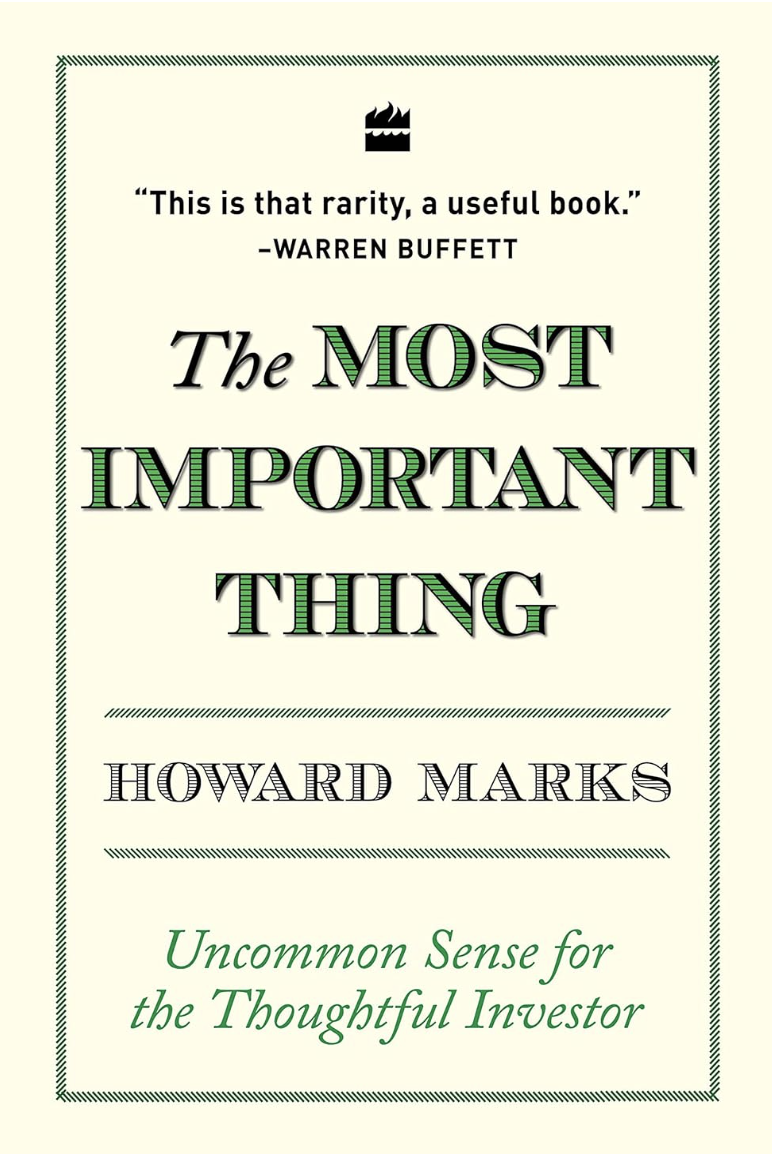
your investing library
Books
Investing Against the Tide
By Anthony Bolton
Anthony Bolton, the UK’s most successful stock market investor, tells the story of his contrarian approach to managing money. He provides invaluable lessons on the factors that really matter in picking a stock: the need to identify good managers, how to run a portfolio, the importance of value investing, reading charts and how to trade successfully.
The Essays of Warren Buffett
By Lawrence A Cunningham
When Warren Buffett speaks, people worldwide listen. And with good reason: Buffett is the most successful investor-manager in history. He has set world records for achieving both high personal net worth, exceeding US$80 billion, and high corporate value for his holding company, Berkshire Hathaway, approaching US$600 billion. Time magazine lists Buffett as among the most influential people in the world—and he is. According to Buffett, the best book collating his philosophy is The Essays of Warren Buffett by Lawrence A. Cunningham, the internationally renowned scholar and expert on Buffett and Berkshire. Through many updated editions dating to 1997, The Essays is the definitive account of Buffett’s approach to investing and management, consisting of a carefully curated and thematically organized compendium of Buffett’s original annual letters, along with Cunningham’s priceless commentaries.
Common Stocks and Uncommon Profits
By Philip Fisher
Widely respected and admired, Philip Fisher is among the most influential investors of all time. His investment philosophies, introduced almost forty years ago, are not only studied and applied by today's financiers and investors, but are also regarded by many as gospel. This book is invaluable reading and has been since it was first published in 1958. The updated paperback retains the investment wisdom of the original edition and includes the perspectives of the author's son Ken Fisher, an investment guru in his own right in an expanded preface and introduction.
You Can Be a Stock Market Genius
By Joel Greenblatt
A comprehensive and practical guide to the stock market from a successful fund manager—filled with case studies, important background information, and all the tools you’ll need to become a stock market genius. Fund manager Joel Greenblatt had been beating the Dow (with returns of 50 percent a year) for more than a decade, before writing this book.The book highlights special situations in which big profits are possible, including Spin-offs, Restructurings, Merger Securities, Rights Offerings, Recapitalizations, Bankruptcies and Risk Arbitrage.
Joel Greenblatt is one of the world’s top investors. Like many of them, he is also a superb communicator. You can read any of his books and you cannot fail to learn.
The Psychology of Money
By Morgan Housel
Doing well with money isn’t necessarily about what you know. It’s about how you behave. And behavior is hard to teach, even to really smart people. Money―investing, personal finance, and business decisions―is typically taught as a math-based field, where data and formulas tell us exactly what to do. But in the real world people don’t make financial decisions on a spreadsheet. They make them at the dinner table, or in a meeting room, where personal history, your own unique view of the world, ego, pride, marketing, and odd incentives are scrambled together. Housel shares 19 short stories exploring the strange ways people think about money and teaches you how to make better sense of one of life’s most important topics.
Thinking Fast and Slow
By Daniel Kahneman
Why is there more chance we'll believe something if it's in a bold type face? Why are judges more likely to deny parole before lunch? Why do we assume a good-looking person will be more competent? The answer lies in the two ways we make choices: fast, intuitive thinking, and slow, rational thinking. This book reveals how our minds are tripped up by error and prejudice (even when we think we are being logical), and gives you practical techniques for slower, smarter thinking. It will enable to you make better decisions at work, at home, and in everything you do.
This book is invaluable for investors, as it addresses behavioral fault lines.
One Up On Wall Street: How To Use What You Already Know To Make Money In The Market
By Peter Lynch
America’s most successful money manager tells how average investors can beat the pros by using what they know. According to Lynch, investment opportunities are everywhere. From the supermarket to the workplace, we encounter products and services all day long. By paying attention to the best ones, we can find companies in which to invest before the professional analysts discover them. When investors get in early, they can find the “tenbaggers,” the stocks that appreciate tenfold from the initial investment. A few tenbaggers will turn an average stock portfolio into a star performer. Lynch offers easy-to-follow advice for sorting out the long shots from the no-shots by reviewing a company’s financial statements and knowing which numbers really count. He offers guidelines for investing in cyclical, turnaround, and fast-growing companies. As long as you invest for the long term, Lynch says, your portfolio can reward you.
Simply one of the best investing books ever written.
The Most Important Thing
By Howard Marks
Legendary investor Howard Marks is chairman and co-founder of Oaktree Capital Management, which has >$100 billion under management. He is sought out by the world's leading value investors and his client memos brim with insightful commentary and a time-tested, fundamental philosophy. Now for the first time, readers can benefit from his wisdom, concentrated into a single lifetime of experience and study, The Most Important Thing explains the keys to successful investment and the pitfalls that can destroy capital or ruin a career. Utilising passages from his memos to illustrate his ideas, Marks teaches by example, detailing the development of an investment philosophy that fully acknowledges the complexities of investing and the perils of the financial world. Brilliantly applying insight to today's volatile markets, Marks offers a volume that is part memoir, part creed, with a number of broad takeaways.
Another invaluable book which you will return to again and again.
100 Baggers
By Christopher Mayer
This book is about 100-baggers. These are stocks that return $100 for every $1 invested. That means a $10,000 investment turns into $1 million. Chris Mayer can help you find them. It sounds like an outrageous quest with a wildly improbable chance of success. But when Mayer studied 100-baggers of the past, definite patterns emerged. In 100-Baggers, you will learn the key characteristics of 100-baggers and why anybody can find them. You don’t need an MBA or a finance degree. Some basic financial concepts are all you need - a number of techniques that can help you get more out of your stocks and investing. The emphasis is always on the practical, so there are many stories and anecdotes to help illustrate important points. You should read this book if you want to get more out of your stocks. Even if you never get a 100-bagger, this book will help you turn up big winners and keep you away from losers and sleepy stocks that go nowhere.
A brilliant book and too few investors understand that all the money in the markets is made by the few big winners. You only need one 100-bagger to make your portfolio highly successful and this book explains how to find them and more important, why you should hold on to them.
The Outsiders: Eight Unconventional CEOs and Their Radically Rational Blueprint for Success
By William Thorndike
Charlie Munger said “A book that details the extraordinary success of CEOs who took a radically different approach to corporate management.” If you need more, Thorndike brings to bear the analytical wisdom of a successful career in investing, closely evaluating the performance of companies and their leaders. You will meet eight individualistic CEOs whose firms’ average returns outperformed the S&P 500 by a factor of twenty—in other words, an investment of $10,000 with each of these CEOs, on average, would have been worth over $1.5 million twenty-five years later. In The Outsiders, you’ll learn the traits and methods—striking for their consistency and relentless rationality—that helped these unique leaders achieve such exceptional performance. Humble, unassuming, and often frugal, these “outsiders” shunned Wall Street and the press, and shied away from the hottest new management trends. Instead, they shared specific traits that put them and the companies they led on winning trajectories: a laser-sharp focus on per share value as opposed to earnings or sales growth; an exceptional talent for allocating capital and human resources; and the belief that cash flow, not reported earnings, determines a company’s long-term value.









